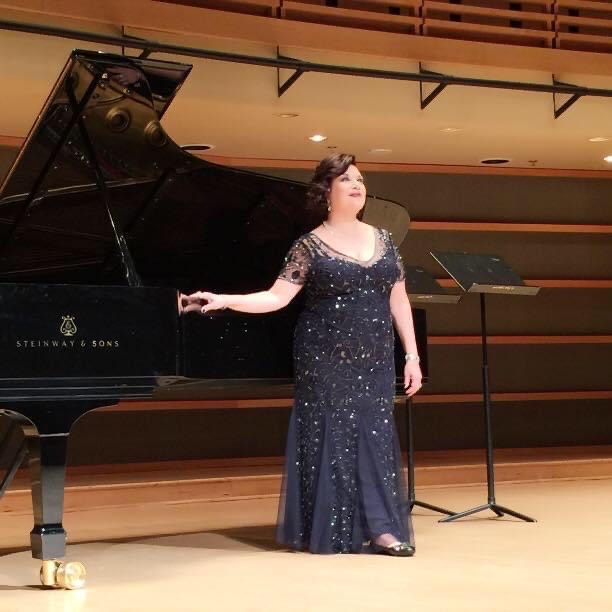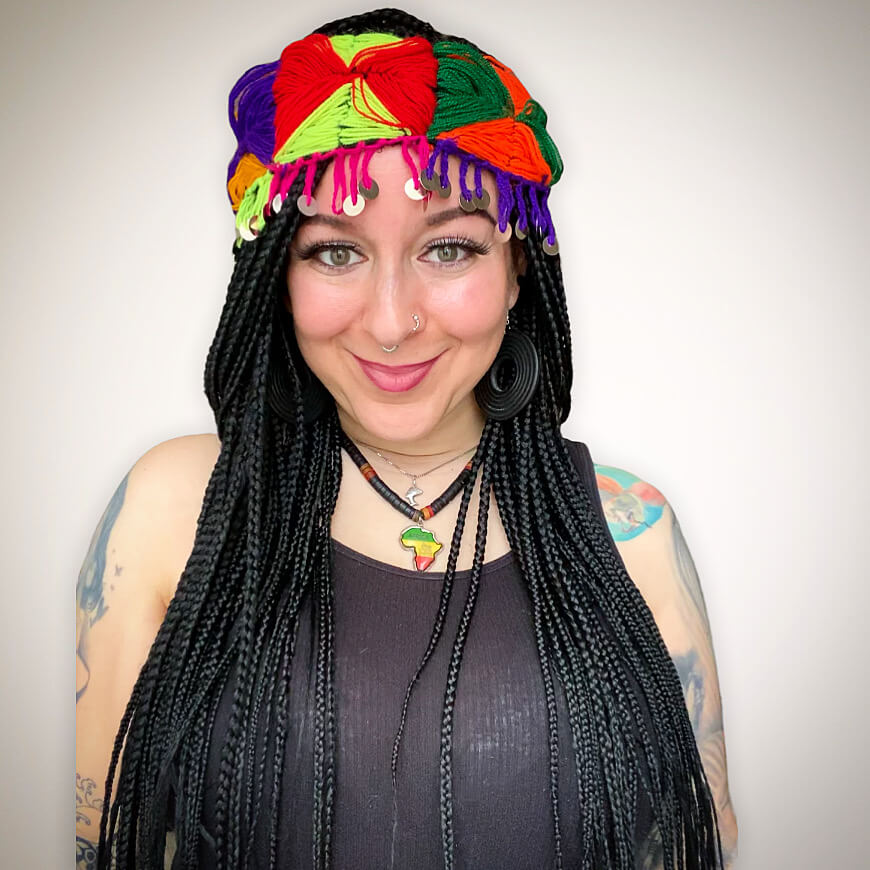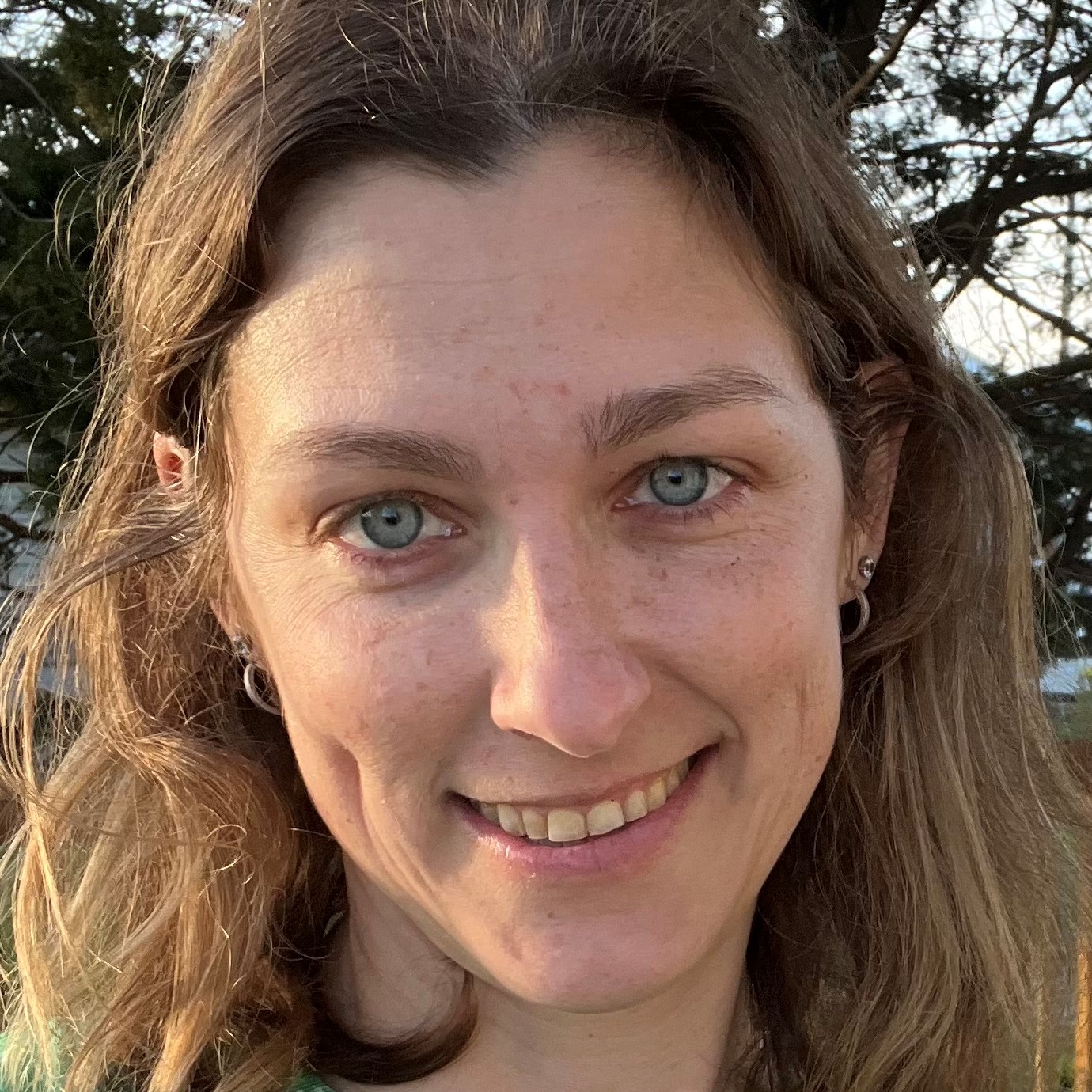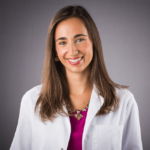Hearing loss can affect one or both ears, and it is classified as mild, moderate, severe, or profound (very little or total deafness). The threshold for healthy hearing is defined by the World Health Organization (WHO) as the ability to perceive at least 20 decibels in each ear. For comparison’s sake, that’s equivalent to the sound of leaves rustling, or someone whispering from 5 feet away.
“Audiologists try to say normal hearing is like normal vision, 20/20 (20 decibels or less in each ear is considered normal),” said Dr. Rachel Magann Faivre, Au.D, a longtime audiologist and owner of Oklahoma City-based ASH Audiology. “It’s just a number that people know because of eyes and helps them remember that ears are the same.”
While not all causes of hearing loss are known, exposure to loud sounds is just one source. Hearing loss can have a variety of causes, including genetics (which sometimes don’t manifest until later in life), infections, and head-related trauma—any of which can occur at any age.
Unaddressed hearing loss can not only cause difficulties with communication and speech, it has also been strongly associated with social isolation and loneliness, which the CDC points out already disproportionately affects older Americans and is strongly associated with higher risks for serious health conditions.
Regular screenings are important to identify any issues as early as possible. “As often is the case with health issues, most adults do not have their hearing tested until they experience issues,” said Dr. Daniel Troast, Au.D, an audiologist with HearUSA. “Hearing loss has comorbidities with other health conditions, including cardiovascular disorders, diabetes, and dementia. Anyone with one of those conditions should have their hearing tested, even if they do not suspect hearing loss.”
In fact, hearing loss is associated with nine of the top 10 chronic conditions in adults 65-plus, noted Dr. Faivre. This also includes hypertension, kidney disease, smoking, depression, and thyroid disease.
One study, which was published in November 2020 in the journal Neuron, theorizes that hearing loss experienced in midlife may be a risk factor for as many as 9% of dementia cases later in life.
On average, Dr. Troast said, adults with no hearing concerns should have their hearing tested at least every three years. Anyone who is persistently exposed to loud noise should have their hearing tested at least yearly, as should anyone who has been diagnosed with hearing loss.
People with hearing loss wait an average of seven years before seeking help for their condition, according to the HLAA. When you delay a diagnosis, you’re also delaying access to any resources that can help with hearing loss.
Speaking of resources, the recent news that some hearing aids will be sold without a prescription in the United States is one new option. Over-the-counter hearing aids are intended for adults with mild-to-moderate hearing loss. The new regulations went into effect on October 17, 2022, and companies have until April 14, 2023 to achieve full compliance. For people with more severe hearing loss, cochlear implants, which send electric signals to the auditory nerve, may be an option.
With or without these aids, hearing loss at any level doesn’t have to be an obstacle to living a healthy, happy life—or achieving your goals. As the following stories demonstrate, people with hearing loss can accomplish incredible things and live very full lives.

Opera singer, Philadelphia, Pa.
Photo credit: Francesca Tenaglia
“Music has been my life since the time I was five,” said Joan Tenaglia. She started playing piano in high school, dabbled with the harp for a while, and sang in church choirs. Her voice was so strong that by age 13 she was being asked to perform at local weddings and funerals. “I was paid $25 for my first wedding and I was so excited,” she recalled.
Tenaglia didn’t know much about opera before attending the Philadelphia College of the Performing Arts (today called University of the Arts), but at the time, she recalled, the only option was to study classical music. She met her husband, a fellow opera singer, at school and went on to have a successful career performing concerts for symphonies and opera companies nationwide. All her singing was done on the strength of her voice alone: “Opera singers don’t use microphones,” she explained.
A soprano, she learned to sing in six languages, including Russian, Italian, French, and German. For 25 years, she was a soloist in her church choir. Tenaglia hadn’t realized she had any issues with her hearing when she took her son to an ear, nose, and throat doctor in 2006. “I was diagnosed by accident,” she said.
She had been feeling slight pressure, like her ears were clogged, and thinking she might have a cold as well, so she asked the doctor if he could take a look. Her ears looked fine, but a round in the sound booth indicated significant hearing loss. Tenaglia, who was only 44 years old at the time, was in shock. “I said, ‘Excuse me? I’m an opera singer. I’m a musician. What can you do for me?’”
Doctors couldn’t tell Tenaglia what exactly had caused her hearing loss. Some said it was the result of an autoimmune condition, while others said it could be genetic (although neither of her children or her first grandchild have hearing loss), age-related, or a result of her exposure to loud sounds in her career.
In the course of seeking treatment, Tenaglia had a botched surgery that essentially burned a hole in her ear drum, causing further hearing loss, and also experienced tinnitus, a ringing sensation that can affect one or both ears intermittently. Although she eventually had another surgery to help repair the damage, her hearing would never be perfect. She now has severe-to-profound hearing loss, close to the highest level. “Without aids, I hear some sounds but no conversations,” she said. She hadn’t realized it, but she had unconsciously taught herself to compensate for her hearing loss by reading lips.
After her diagnosis, Tenaglia fell into a severe depression. “It took my confidence away for the longest time,” she said. “Hearing loss can be very isolating, especially during the pandemic because you can’t read lips when someone has a mask on.”
Although hearing aids helped, Tenaglia didn’t want anyone to know she had them, so she grew her hair long to cover them. “I didn’t want the conductor or my fellow singers to know I was deaf because let’s face it, if I had let anyone know I had hearing loss, I would have lost work. No one is going to take a chance on a deaf opera singer.”
Fortunately, she did have a lot of support from her family (her husband and daughter both learned American Sign Language to communicate with her) and the Deaf community. “I have to say that the Deaf community is probably the most welcoming community I have ever been a part of,” Tenaglia said. She is a member of the Association of Adult Musicians with Hearing Loss, which she said is “a nice way to stay connected to people and stay on top of new studies and technology.”
After singing with hearing loss since 2006, she eventually disclosed her hearing loss publicly at a concert at the Kimmel Center in Philadelphia in 2016. “It was the best singing I ever did,” she recalled. “My confidence came back.”
Although Tenaglia said it takes her longer to learn her music than it used to, and she can’t do full-fledged operas on stage anymore—mostly because the tinnitus makes it difficult to focus—she has done concerts with a chorus and a piano, but not an orchestra. “The wonderful thing that my hearing aids gave me was the singer’s technique of feeling the vibrations in my head,” she said. “When I put the hearing aids in, it opens up that space for me.” The aids have different settings including one designed for concerts.
They’re not perfect, and she still has what she calls “bad hearing days” due to barometric pressure or tinnitus. She can struggle to follow conversation in groups, and with background noises from things like window air conditioning units. Tenaglia also estimated she has spent around $70,000 over the years on hearing equipment, just so she could sing (hearing aids are not covered by her insurance).
But she can stream music, TV, and phone calls through her hearing aids using Bluetooth technology. She can still sing and even attended and enjoyed Elton John’s ongoing farewell tour. With her hearing aids, she can still hear her children’s and grandson’s voices. “I can still be who I am,” she said.
Her Advice
“My motto is ‘Deaf Can,’ but we should use any tools that are out there.”
“Sound is not always your friend.”
“One thing I would ask people is please be patient when we ask if you can repeat yourself.”
50 million people experience tinnitus, and 90% of them also have hearing loss. SOURCE: HLAA

Tattoo artist, Orlando, Fla.
Although tattooing people is primarily a visual job, professionals know that listening to the tone of the tattoo needle helps guide shading and outlines. It’s not something that most people would think twice about—unless, like Gayle Sanchez, you can’t hear it.
Sanchez was born into a hearing family, but as a preemie, she weighed only around 3 pounds. While the average number of babies born with hearing loss in the United States is 1 to 3 out of every 1,000, according to the American Speech-Language Hearing Association, that number shoots up to 32 out of 1,000 for babies admitted to the neonatal intensive care unit, many of whom are premature (born before 37 weeks).
Sanchez was one of these babies, but her hearing loss wasn’t discovered until she was around three years old, when her mom noticed that she didn’t respond to her name being called. She now has profound hearing loss in both ears, so without hearing aids, she can only feel vibrations. As it turns out, this ability would ultimately help her in her chosen career.
“Not in a million years did I think I’d be a tattoo artist,” Sanchez said. Although she was always artistic and worked in many different mediums—drawing, watercolors, murals, and even taxidermy—the one she’d never even considered was ink on human skin. But a cousin told her he had a recurring dream that she became a tattoo artist. “My culture believes dreams are signs,” said Sanchez, whose mother is part Egyptian and part Turkish. (Her own tattoos, including one depicting King Tut and another of a scarab that she says represents teamwork, pay homage to her heritage.)
So she enrolled at Miami Tattoo Co., a school in South Beach, to learn the trade. “I was the only one who was deaf,” Sanchez recalled. Each student was assigned to a more experienced tattoo artist as a kind of apprenticeship. “My mentor was very frustrated with me because I could not hear the machine. I had to sit very close to him and pay attention to the vibrations instead.” While there are six month programs, Sanchez took four years to graduate.
“I almost gave up,” she said. Her mother encouraged her to stick with it, telling her that babies had to crawl before they could walk, and that once she got the hang of tattooing, no one would be better at it than her.
Now, Sanchez has been a tattoo artist for 13 years, and counting. “I love my job so much,” she said. “To be honest, I’m glad that I’m deaf. I’ve met many hearing tattoo artists. They try to create what’s in their mind on paper, but noise is a distraction. Me? No. My mind keeps drawing, unlimited.”
She specializes in realistic portraits, which she loves because without hearing someone, she perceives their personality through their face and expressions. “A portrait tells me your life story,” she explained. “Your face is my hearing.”
Sanchez, who is fluent in ASL, works at a tattoo shop that’s deaf-owned, but her real passion is travel. She has what she calls “heavy wanderlust,” and fortunately, her work makes fulfilling that desire to roam possible. She’s often contacted on social media (@deafink1) by other people who are deaf and will travel internationally to tattoo them. “Deaf people feel more comfortable making requests to me, and I can understand their imagination more than a hearing person can,” she explained.
So far, she’s been to at least 25 different countries. “My goal is 30,” she said. “I don’t care about the money, I care about the beautiful experience of life.”


